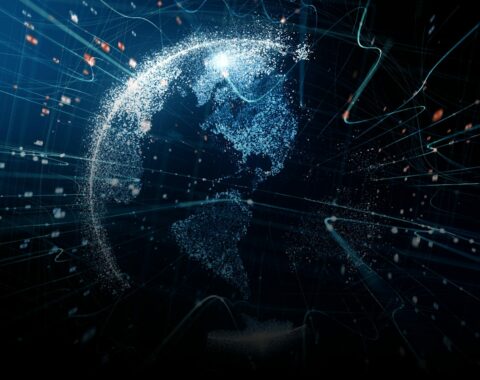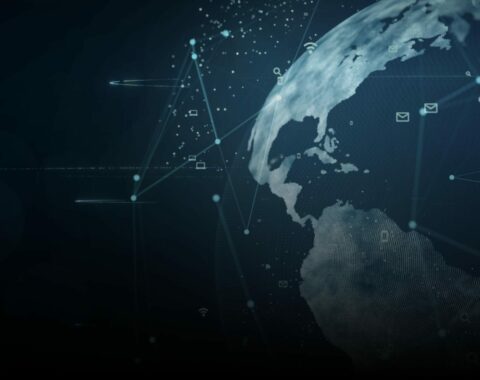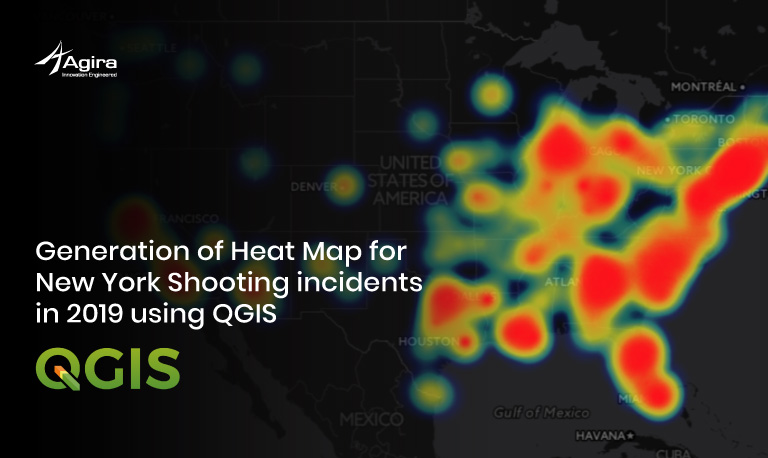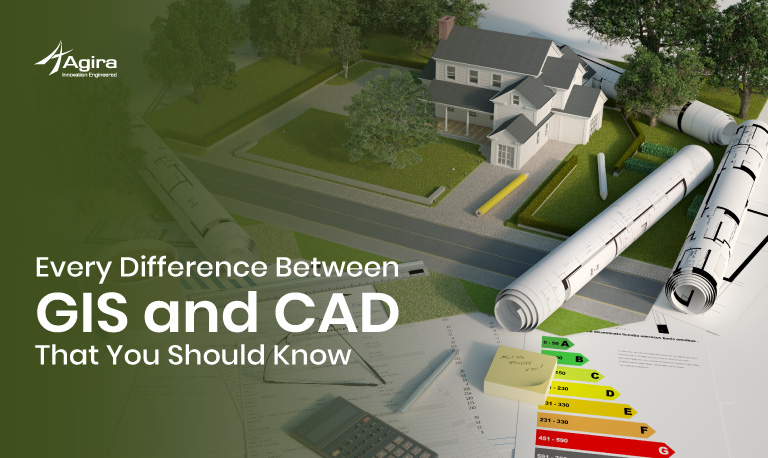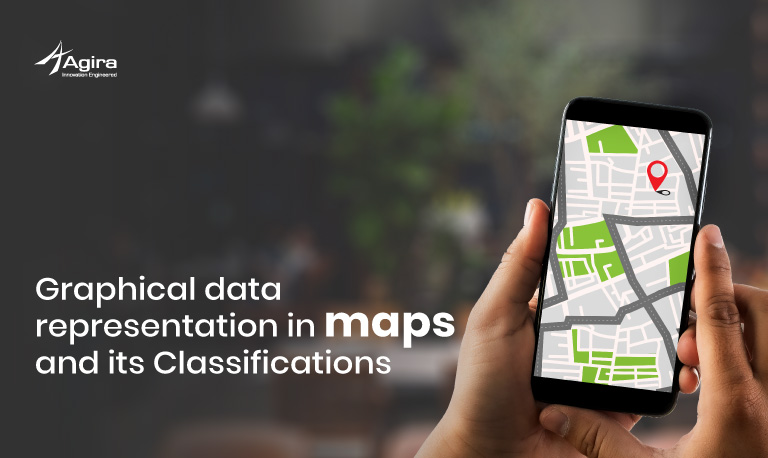What are Smart Cities? It is a digital urban area that is modernized and uses a wide range of devices to collect information and data for a higher quality of life. The IoT devices are used to manage the assets and resources in the area proficiently. The usage of these devices impacts every layer of the city data collected from citizens, devices, locations, and many more.
The collected data is processed and analyzed to manage services like water and disposal management, traffic conditions, disaster management, buildings, and crime locations. The technologies implemented in these areas make it smart cities. Cities are well connected and flexible for changes with the help of these technologies. Internet of Things, Sensors are some of the technologies that are evolving faster to build integrated Smart Cities.
In this article, we discuss the six technologies crucial for Smart Cities.
1. Sensors
Sensors are crucial components for smart cities. These small components are hidden and collecting data from traffic control, tracking of food, water, and even garbage disposal. The parts are utilized to track the pollution level of water and air. Data on the essential services are collected using a sensor. Sensors are the central part of the control system which give feeds and collect data of the environment to make decisions and adjusts operation utilizing a control system.
2. Artificial Intelligence (AI)
Smart Cities functions as a hub for data collection using sensors and IoT. Artificial Intelligence plays an essential role in Smart Cities. AI is like a natural intelligence displayed by humans. Still, instead of humans, the devices with specific programming codes compute the device with individual experiences that occur in the environment, to achieve its goal.
An example of AI in Smart City is giving alternatives routes to traffic congestion when a sudden power failure occurs, and AI is trained to manage the power grid to manage it more efficiently.
Also Read
COVID-19: Mapping Hospitals and Testing Centers in Tamilnadu Using QGIS
3. Geospatial Technology
Geospatial technology is a technology used to collect data and process the data associated with locations. When we build smart cities, it must be accurate. Geospatial technology provides precise location as per the smart cities needs to develop which infrastructure in an exact place.
Geospatial technology collects location-based data and using the analytics gives software-based solutions to smart cities. It can be applied in numerous services like health, intelligent transportation, water, disposal, and food utility management, Smart buildings, disaster management to offer solutions to the problems efficiently.
4. Smart Transportation
When a modern city with hi-tech facilities and without smart transportation will have an immense impact on people who live in it, smart transportation improves the daily lives of citizens and enhances sustainability. Starting from Smart shipping includes multi-mode transportation, smart traffic lights, to smart parking.
With the help of sensors and IoT, we can monitor the traffic conditions and also watch who violate the traffic laws. So it is useful to control crimes in the regions and acts as evidence during an investigation. It helps reduce traffic congestion by giving alternative routes to the citizens.
Smart parking gives the location of free parking slots, so it makes it easy for citizens to find them. Also, smart transportation provides real-time information about bus timings, and intelligent traffic lights control the traffic by cameras fitted in them.
5. Information and Communication Technology (ICT)
When it comes to a perfect city environment, there need for sensible communication between citizens and government—this where Information and Communication Technology should be effectively used. ICT acts as a bridge between citizens and the government.
It helps with interacting with the citizens, and in return, the government develops smart cities using the data gathered from ICT. Information and communication technology provides what the citizens demand most, and to avoid internal conflicts between citizens and government.
6. Internet of Things (IoT)
The heart of the Smart city is the Internet of things, which connects every single device running in the city, which makes it all “Smart. ” The Internet Of Things is the critical component of smart cities that ties together every technology involved in the whole town.
Internet of things is usually connected with devices and collects data from all over the city from sensors, actuators, beacons, cameras, and processes & analyze the data to manage the assets by controlling them. They give smart solutions to real-life problems and make adequate decisions to make our lives more digitized.
Related
Conclusion
As discussed above, these are the six technologies combined to create a smart city more digitized and smart. When the world population hits skyrocket, so the people move from rural to urban areas are urging us to develop smart cities to access the best use of resources available on the planet.
Looking for more? Subscribe to weekly newsletters that can help your stay updated on Geographic Information Systems and Application developments.





